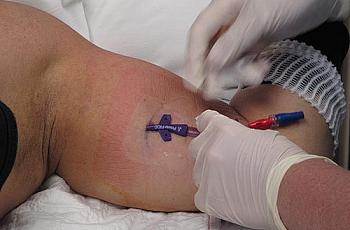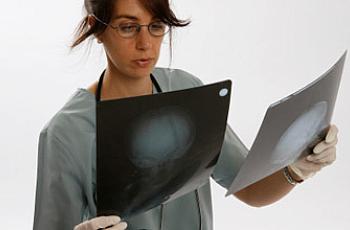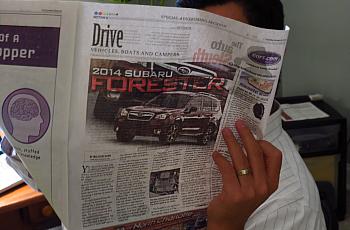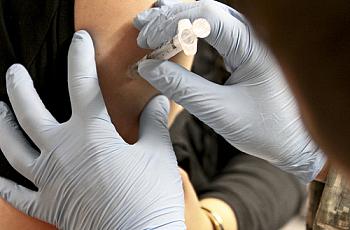
William Heisel
Contributing Editor

Contributing Editor
I have reported on health for most of my career. My work as an investigative reporter at the Los Angeles Times and the Orange County Register exposed problems with the fertility industry, the trade in human body parts and the use of illegal drugs in sports. I helped create a first-of-its-kind report card judging hospitals on a wide array of measures for a story that was a finalist for the Pulitzer Prize. I was one of the lead reporters on a series of stories about lead in candy, a series that also was a finalist for the Pulitzer.For the Center for Health Journalism (previously known as Reporting on Health), I have written about investigative health reporting and occasionally broke news on my column, Antidote. I also was the project editor on the Just One Breath collaborative reporting series. These days, for the University of Washington, I now work as the Executive Director for Insitutue for Health Metrics and Evaluation's Client Services, a social enterprise. You can follow me on Twitter @wheisel.

ComicBookMovie.com wrote about a potential Justice League of America film that “this film is almost certainly doomed to fall apart before it can even get going.” We need a little dose of that kind of reality in health reporting.

After scoring a touchdown, the son of Orange County Register humor columnist Marla Jo Fisher fainted. On game day, he was so nervous he hadn't eaten anything. Still, the coaches wouldn't let him come back to the team until he got checked out.

Health writers can help readers understand that less treatment sometimes makes the most sense.

In health care, sometimes less is more. Stories that don't explore this option can contribute to higher health care costs and unintended consequences like surgical injuries, pain pill addictions and health care-associated infections.

Always keep this in mind: Pills, devices and surgeries are often not the best option for most people.

When a new car comes on the market, car writers rush to drive, dissect, and describe in detail all the ways it will make your life better or worse. If health writers could learn to think more like car writers in this regard, health consumers would be much better informed.

When the FDA says that a drug is approved to treat nearly 20 different diseases, you can assume the agency is right and that a true wonder drug is working miracles in the marketplace or examine the evidence.

When an insurance company decides to deny coverage for a particular drug, it is easy for the pharmaceutical company to suddenly become David fighting Goliath.

Reporters naturally want to focus on newly published research or a new announcement at a conference, but by focusing on one idea, it may present a drug or device as unique when in fact it is just a minor tweak on an old approach or no advancement at all.

I rarely read an entire story on my phone, but when I saw the headline Dirty medical needles put tens of thousands at risk in USA TODAY on Thursday, I had to click through all nine pages of it.